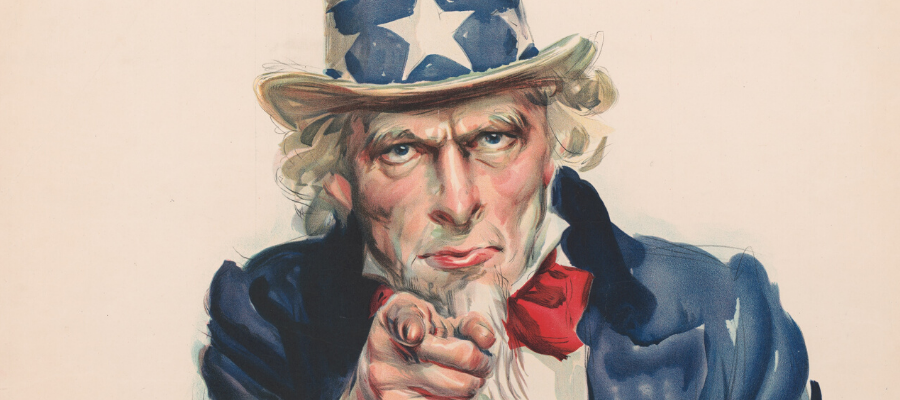
What Is It
Allegedly independent radio commentators taking money to spout the government line! Fake news reports being produced and distributed by the Administration to promote a partisan agenda! Journalists abandoning neutrality and objectivity to become cheerleaders for a political doctrine! Where can this happen? Right here in the good old U.S. of A. propaganda is all around us! But what exactly is propaganda? How can it be distinguished from legitimate news and information? Can democracy survive where propaganda flourishes? John and Ken take a fresh look at propaganda with Orville Schell, Orville Schell, Dean of the UC Berkeley Graduate School of Journalism.
Listening Notes
What is propaganda? Is there anything wrong with it? Is it intrinsically bad? Both governments and corporations propagandize. What difference is there between the two? Does propaganda require lying? Is it worse for journalists to propagandize? Ken introduces the guest, Orville Schell, professor at UC Berkeley. Schell thinks that propaganda, if it distorts an issue, is bad. The negative notion of propaganda came out of fascism. Plato thought that leaders were entitled to tell “noble lies”. Ken pushes this point, asking if leaders can do that today. Schell answers that Lenin did exactly that. Schell emphasizes that propaganda is distorted information used by governments to manipulate the people.
What is the difference between marketing and propaganda? Paul Bernays came up with the idea of public relations, which was picked up by the Nazis. Schell thinks that there is a link between marketing and propaganda, historical and practical. Ken thinks that marketing is morally wrong.
People often think of totalitarian governments when they hear the word “propaganda,” but democracies use propaganda too. What is the difference between the two? Totalitarian governments bludgeon the public with a message while democracies are subtler about it. Schell emphasizes that people are easily manipulated into believing different things are in their best interests. John introduces the notion of manufacturing consent. John asks how television and the internet impact our ability to get information. Schell says that it has not increased Schell discusses why the media should function as a watchdog group. How can we immunize ourselves against the effects of propaganda? Ken comments that the range of acceptable opinion in the media is narrow.
- Sixty Second Philosopher (Seek to 50:30): Ian Shoales gives a brief history of propaganda, from the ancient Greeks to modern politics.
